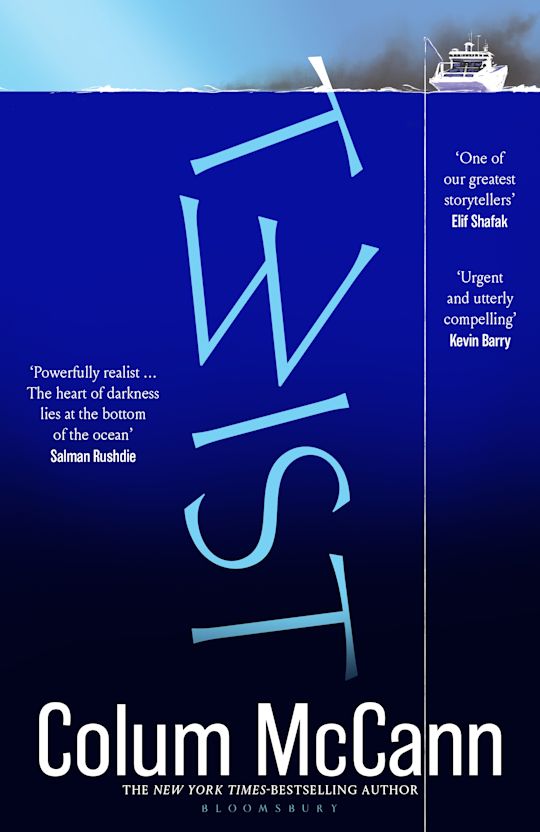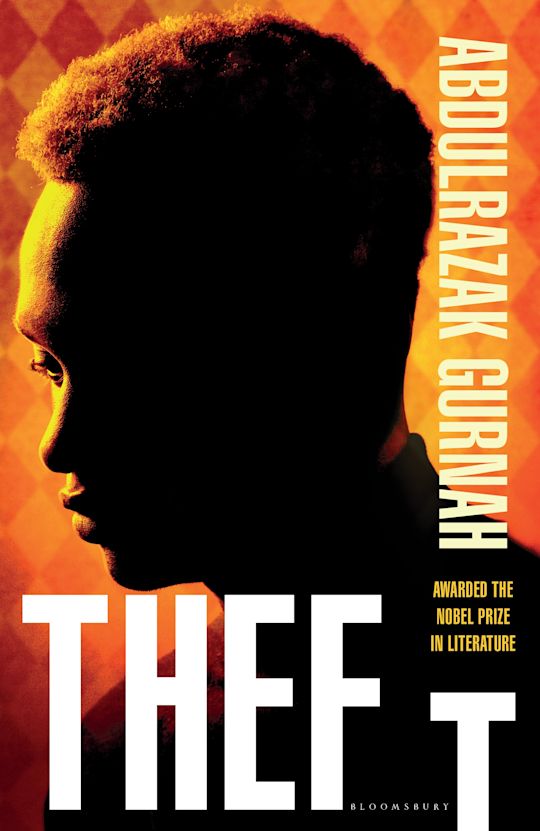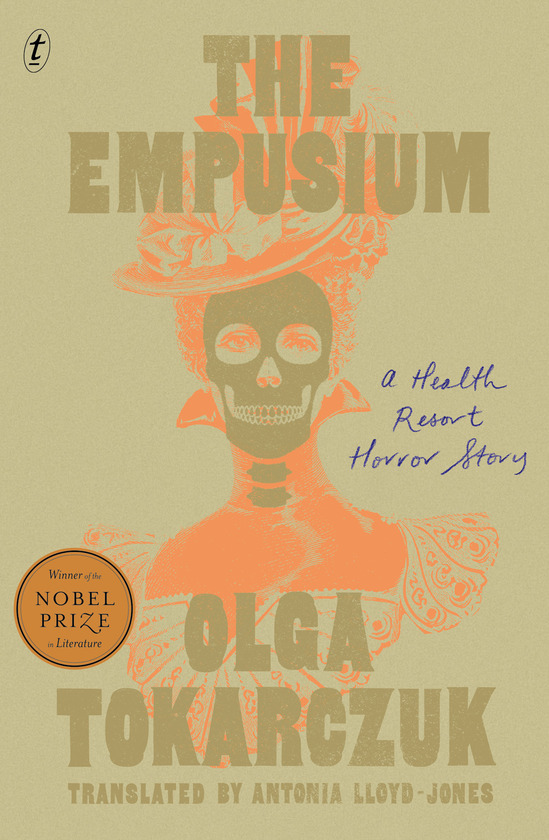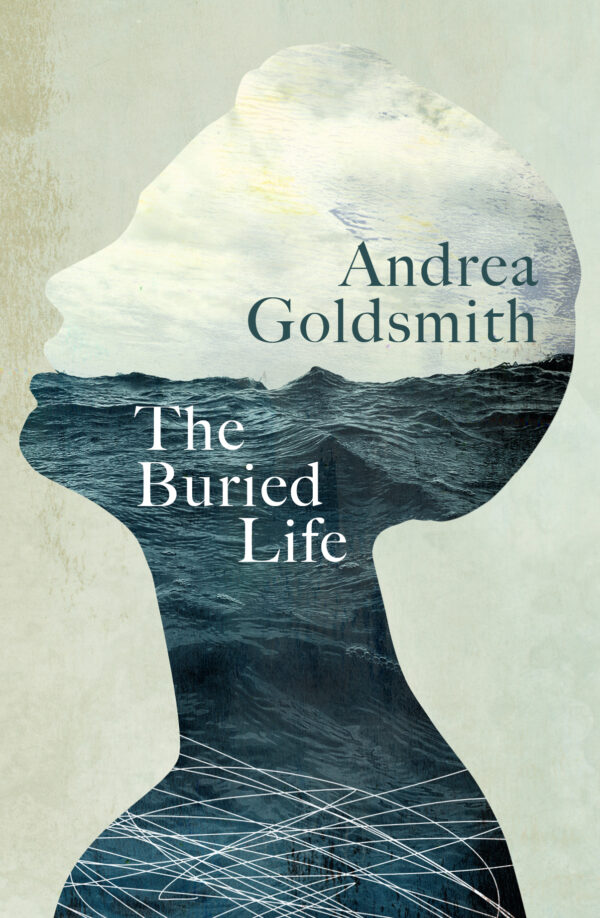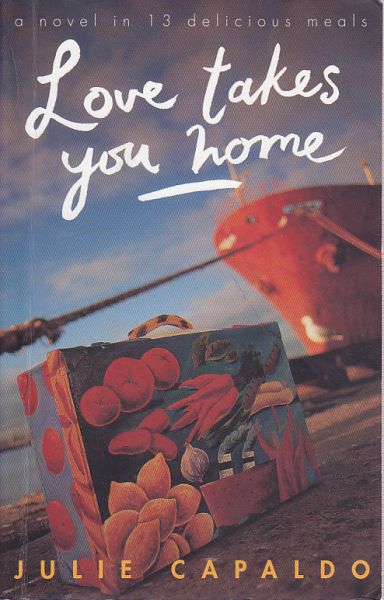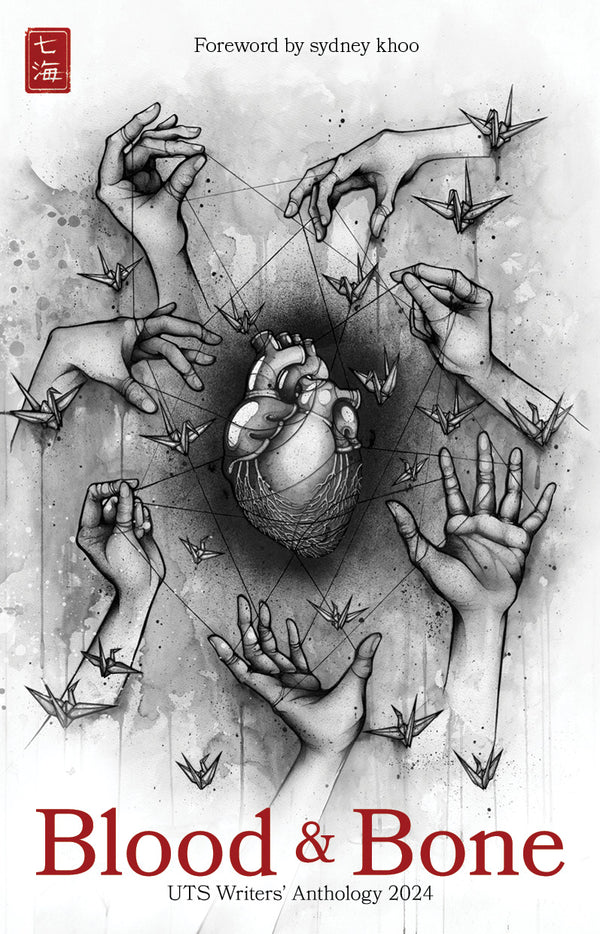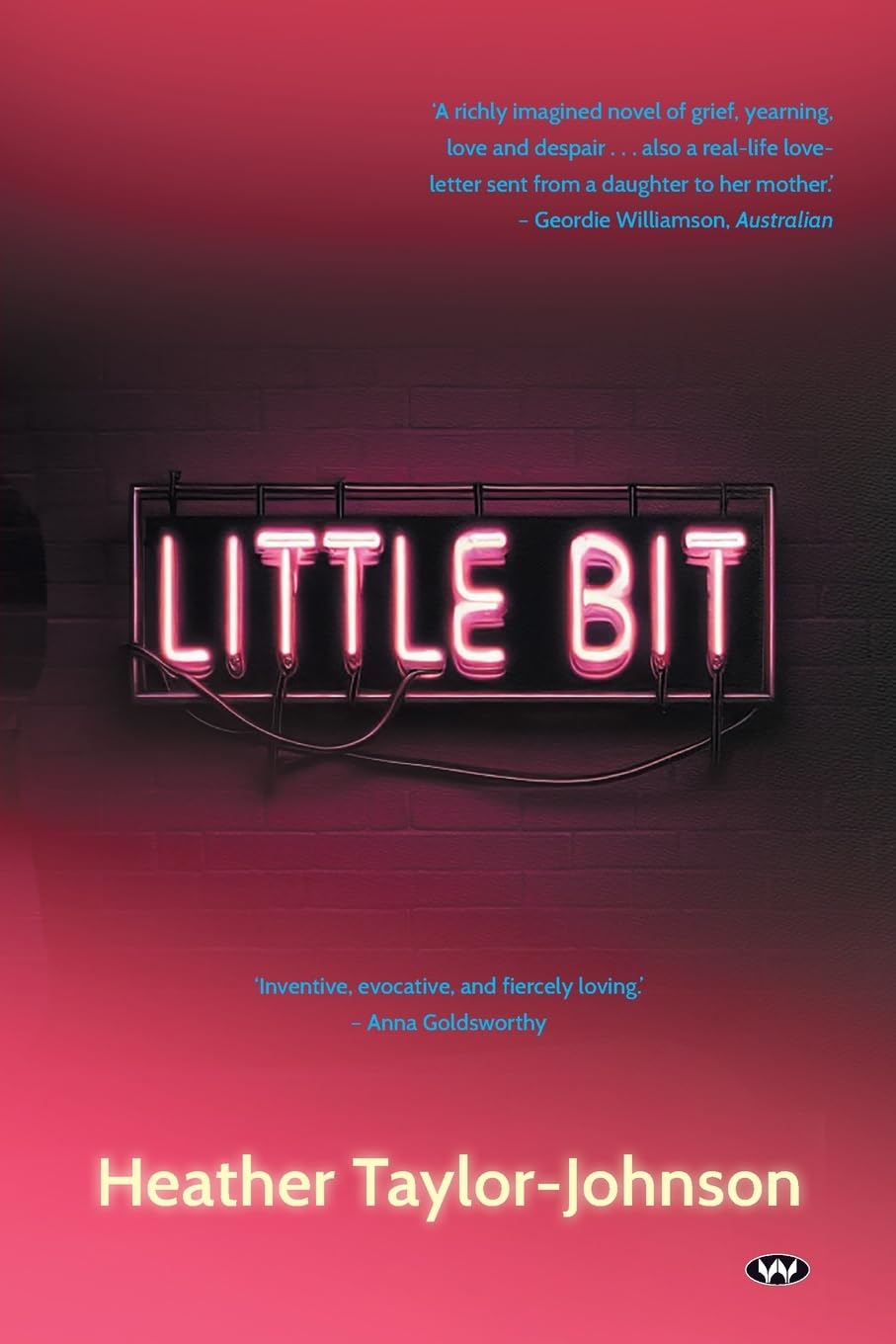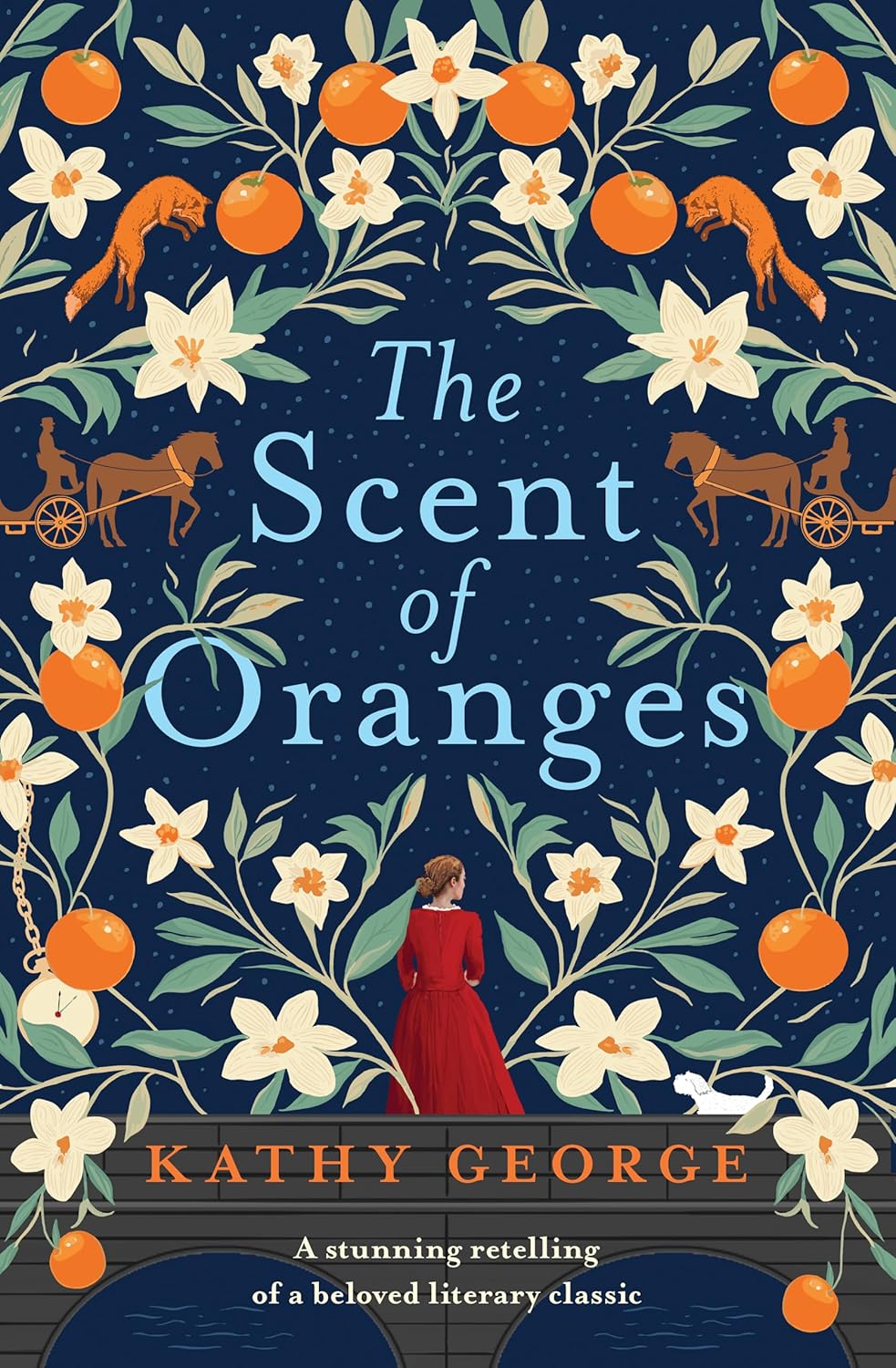Fiction
The themes in Elegy, Southwest are big, nothing less than life and death. Madeleine Watts sets them against a backdrop of monumental scale: the endless desert vistas of the American south-west, the overwhelming monolith of the Hoover Dam, the massive grandeur of the Grand Canyon. The narrative Watts has crafted to explore these big themes rejects anything epic and instead goes small-scale, bringing an almost microscopic lens to the emotional world of a marriage coming apart.
... (read more)Chris Flynn’s Orpheus Nine takes as its title the name given to the grisly mass death event that provides the novel’s premise and animates its plot. The event afflicts people across the globe at an identical moment and in an identical way, and its ill-fated victims are all children, specifically nine-year-olds. Curious already, owing to its scale and arbitrary application, this phenomenon proves all the stranger for what occurs immediately before these children finally succumb to its brutal consequences. Before their bodies swell and distort, before their organs fail due to an overload of sodium chloride, they sing, in angelic chorus, a Latin translation of a verse from King Lear: ‘As flies to wanton boys are we to the gods; / They kill us for their sport.’
... (read more)Connections made across time and space have long been a focal point of Irish writer Colum McCann’s oeuvre. From the construction of the first railway tunnels under New York (This Side of Brightness, 1998) to his singular portrayal of the history and emotional toll of the Israeli-Palestinian conflict in Apeirogon (2020), McCann has weighed what it means to tether oneself to another person, another place, another moment in history. Even his recent foray into non-fiction – American Mother (2024), written with Diane Foley, whose journalist son James was brutally murdered by ISIS – concerns itself with Foley’s attempt to find some sort of bridge between herself and her son’s killers.
... (read more)What’s in a novel’s epigraph – this one for example: ‘In a general way it’s very difficult for one to become remarkable’? We might read these words as an elliptical suggestion that the narrative we are about to encounter will raise the question of character. Perhaps we will witness one or more characters struggling to achieve something out of the ordinary – or struggling in entirely unremarkable ways, remaining unremarkable. Such is the stuff of much of the best fiction, after all, as well as the course of most lives.
... (read more)The Empusium: A health report horror story by Olga Tokarczuk, translated from the Polish by Antonia Lloyd-Jones
The title of The Empusium, the newly translated work by Polish writer Olga Tokarczuk, winner of the Nobel Prize in Literature, is an invention. It is a portmanteau that fuses masculine and feminine literary allusions: first, Plato’s Symposium, which tells of a drunken Athenian banquet in which great statesmen give speeches on the nature of love; second, the empusa, a shape-shifting female demon who, according to Greek mythology, had the sirenic ability to lure and prey upon young men.
... (read more)Adrian is a professor at a top Australian university and his specialty is death. He lectures on it, writes books on it. Both his parents died when he was a child, one by suicide, but those are long-forgotten events that have nothing to do with his life’s work.
... (read more)Fact or fiction, cookbook or novel, the recipe is a unique discourse, embedded within other discourses, with its own narrative relationships with those discourses. The giving of a recipe is important, as is the sharing or, indeed, the unauthorised acquisition. The author of the recipe is equally important, as is the response elicited by the author for that which is desired. It is a social exchange, above all; some would say one that is exclusively feminine, but not necessarily so for Julie Capaldo in her first novel, Love Takes You Home.
... (read more)Blood & Bone: UTS Writers’ Anthology 2024 by Caileen Cachia et al.
Surely every university’s creative writing anthology has the tagline ‘these are fresh voices’ plastered somewhere in its pages. In Blood & Bone, the thirty-eighth UTS Writers’ Anthology, this freshness is not some marketing cliché but apropos, characterised by all the gory atavism of its title and the recurrent theme of the body throughout its pages. These eclectic pieces explore the tension and liminality between the dichotomies that construct our reality: there is growth and atrophy; human and non-human; mind and body. Frequently, the contributors return to the medical clinic, but also to the digital world of AI, ChatGPT, and social media.
... (read more)In the cover of Little Bit, a hot-pink neon sign points the way to the dive bars and deprivation within, priming the reader for a certain type of story. Think Natassja Kinski as Jane in her pink peepshow sweater in Paris, Texas. It’s going to be a book about good women, bad men, cheap sex, crime, alcohol, and trouble.
... (read more)In The Scent of Oranges, Kathy George writes a new story for Nancy, the warm-hearted street girl in Charles Dickens’s Oliver Twist (1838). With a deftness that commands admiration, George sutures her story to parts of the novel written by Dickens almost two centuries ago, maintaining the integrity of all his scenes involving Nancy, preserving, while lightly adapting, much of his dialogue; borrowing some of his imagery, but interweaving those scenes with others of her own invention. It is so skilfully done that the stitches barely show, so it takes some time to realise just how much of this admirably Dickensian dialogue is in fact dialogue written by Dickens.
... (read more)


